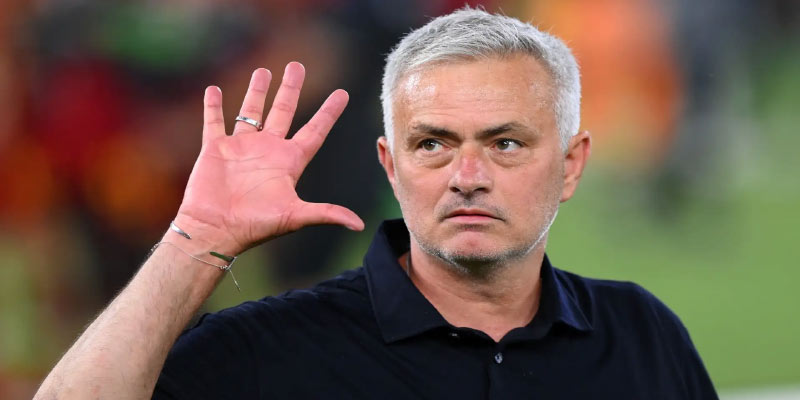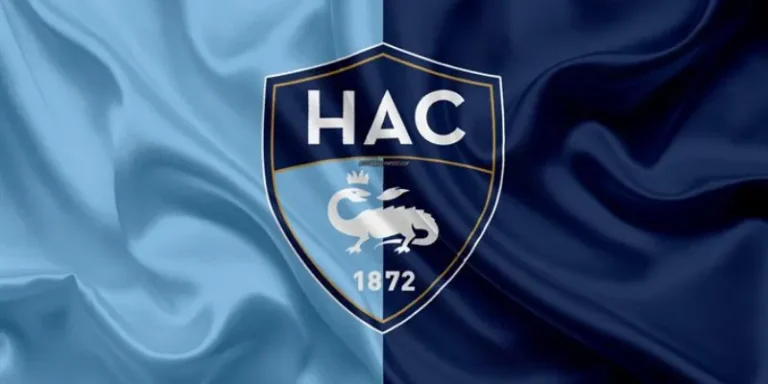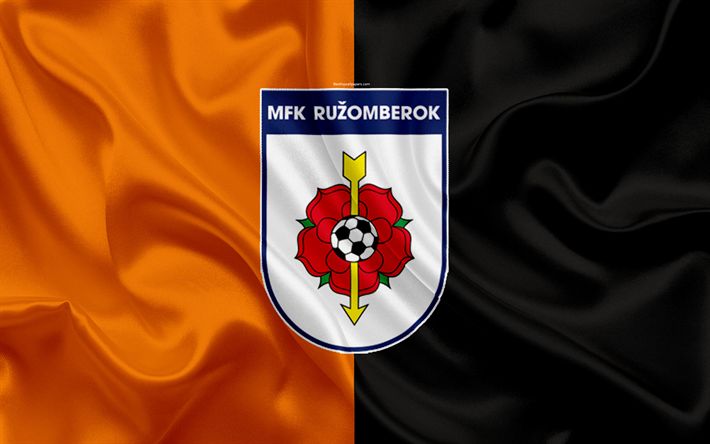
Why José Mourinho Still Dominates Football’s Mind Game
José Mourinho isn’t just a coach—he’s a master strategist, provocateur, and serial winner. From Porto to Real Madrid and beyond, his career reads like a thriller packed with rivalries, dramatic pressers, and jaw-dropping victories. Known for bending tactics to his will and shaping teams in his fierce image, Mourinho turns pressure into power. Love him or loathe him, his presence electrifies every league he enters. With every touchline stroll and post-match quote, he blurs the lines between genius and madness, leaving a legacy that’s anything but ordinary. José Mourinho doesn’t chase football history—he forces it to remember his name.
The Career Journey of José Mourinho: From Porto to Tottenham
José Mourinho‘s journey in football management is a captivating story of persistence, ambition, and undeterred commitment to success. Beginning as a humble assistant manager, his ascent to the pinnacle of football has been nothing short of extraordinary.
The Early Days: From Assistant to Head Coach
Mourinho started his career in football as an assistant coach. His pivotal role came at FC Barcelona under the guidance of Sir Bobby Robson, where he honed his tactical acumen and understanding of player dynamics. It was here that he built relationships that would shape his career.
After Barcelona, Mourinho honed his skills at Uniao de Leiria before making a monumental leap to Porto. His time at Porto defined the beginning of his legend, as he transformed a talented but inconsistent team into domestic and European champions. His back-to-back Primeira Liga titles and the UEFA Champions League victory in 2004 solidified his reputation as a managerial prodigy.
The Chelsea Revolution
Upon moving to Chelsea in 2004, José Mourinho announced himself on the world stage. With a combination of tactical intelligence and charisma, he molded Chelsea into a dominant force in English football. The club claimed two consecutive Premier League titles, securing Mourinho’s status as one of the elite managers of his generation.
Mourinho’s time at Chelsea showcased his tactical prowess, from his ability to organize a defensive block to implementing an attractive style of play—bringing flair to the staunch defensive approach he famously adopted.
The Inter Milan and Beyond
Mourinho’s success continued in Italy when he took over at Inter Milan. His tenure there was marked by the treble-winning season of 2010, making him the first manager to achieve such a feat in Italian football’s history. His tactical ingenuity and ability to galvanize a squad saw him overcome formidable opponents.
After a highly successful spell at Real Madrid, Mourinho returned to the Premier League with Manchester United, where he once again etched his name in history by winning the UEFA Europa League and the EFL Cup. Following a tenure filled with promises and challenges, Mourinho found himself at Tottenham Hotspur aiming to replicate his winning mentality within the club’s dynamic.
The Present Day: Spurs and the Continuing Journey
Currently at Tottenham, José Mourinho seeks to revive the team’s competitive spirit and usher in a new era of success. Despite various challenges, he remains resolute in his belief that he can transform Tottenham into contenders. Under a spotlight filled with expectations and an ardent fan base yearning for a trophy, Mourinho continues a journey that has left an indelible impact on football, and he aims to add more illustrious chapters to his already storied career.
Analyzing José Mourinho’s Coaching Style
To understand José Mourinho, one must delve into the intricacies of his coaching style. His methodology often embraces a blend of psychological insight, tactical discipline, and a focus on resilience, all bundled within a charismatic persona that resonates with players and fans alike.
The Psychological Edge
Mourinho is known for his psychological prowess, often employing mind games to unsettle opponents. He understands the importance of mental fortitude within a squad and ensures his players possess a strong belief in themselves.
During his time at Porto and Chelsea, he frequently emphasized the importance of confidence as a key ingredient for success. By instilling belief in collective strength, he nurtures players who thrive under pressure and rises to the occasion when it matters most.
Moreover, Mourinho maintains strong rapport with his roster, often tailoring his communication style to fit individual players. The deep connections and trust he builds with his players aid immensely in creating a cohesive unit.
Tactical Flexibility
Another defining characteristic of José Mourinho‘s coaching style is his tactical versatility. While often categorized as a defensive manager, he possesses the acumen to adjust his strategies based on the players at his disposal and the nature of each opponent.
From his iconic “bus-parking” philosophy that collected numerous victories to his adaptive offensive strategies when attacking, Mourinho is willing to embrace change. His most effective tactical innovation includes versatility in formations, frequently switching from a 4-2-3-1 to a 3-4-3 as needed, depending on opponents and match situations.
This capacity to shift tactics allows him to exploit weaknesses in opposing teams while also maximizing the talents of his own players. It is this duality that makes his tactical approach both engaging and effective to the teams he coaches.
Building a Resilient Team
Mourinho’s coaching style revolves heavily around creating a resilient and adaptable team. He emphasizes the need for players not only to be tactically aware but also to possess an unwavering spirit, especially in high-stakes matches.
His champions—like Didier Drogba at Chelsea, Diego Milito at Inter, and Cristiano Ronaldo at Real Madrid—demonstrate his knack for getting the absolute best from his players. Mourinho’s methodology includes fostering a strong work ethic and discipline, both on and off the field, creating a culture that is hard to break.
Ultimately, José Mourinho‘s coaching style combines psychological acuity, tactical versatility, and resilience. This distinctive blend has allowed him to succeed across different leagues and with various teams, reinforcing his legacy as one of football’s most innovative coaches.



